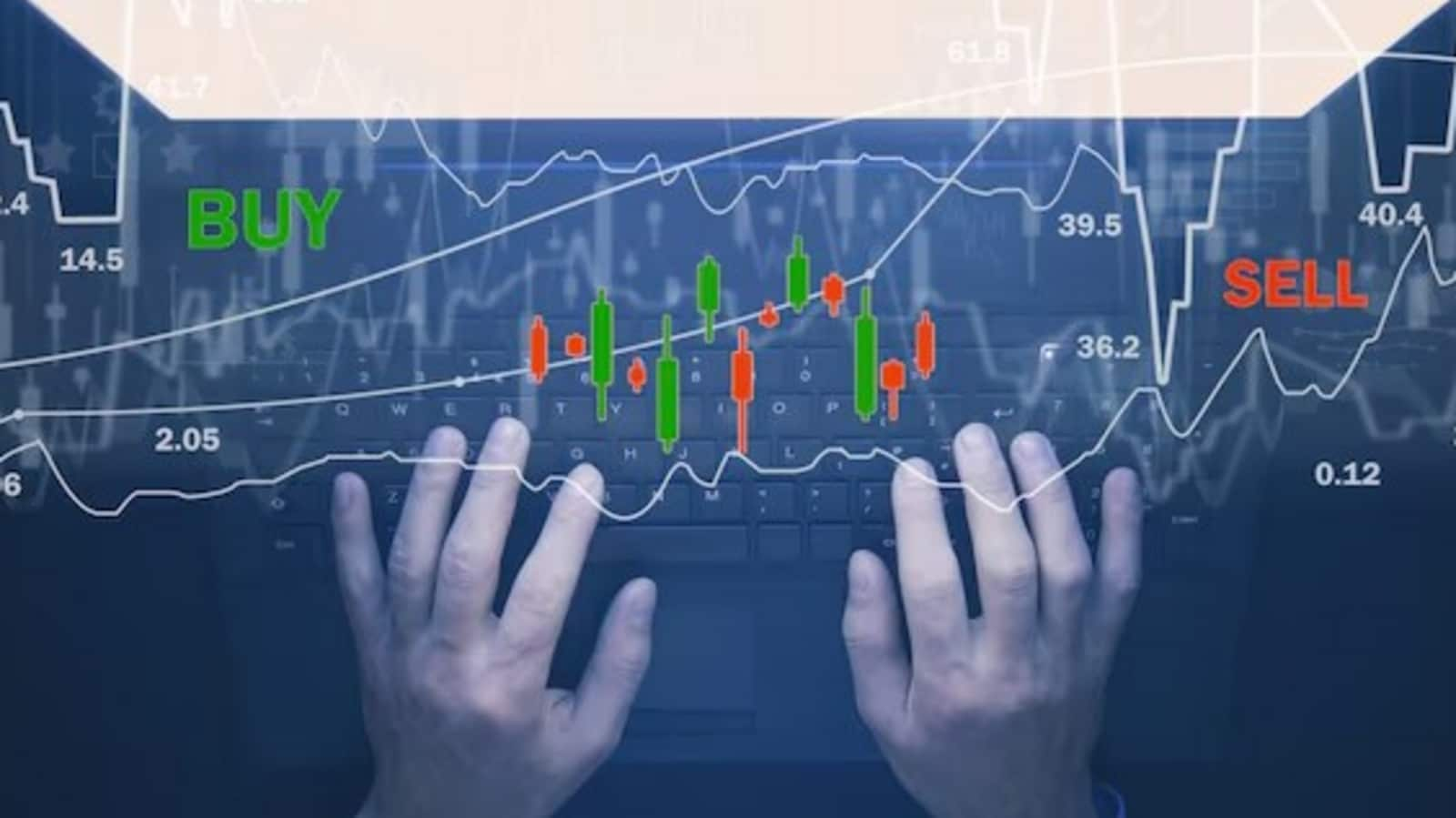In a recent statement, Elvira Nabiullina, the governor of the Central Bank of Russia, warned that the sharp decline in global oil prices, triggered by U.S. President Donald Trump‘s tariffs, could pose significant threats to the Russian economy. This revelation comes as oil prices have plummeted, with Brent and WTI crude experiencing drops of 14% and 15%, respectively, since Trump’s announcement of reciprocal tariffs on April 2.
Economic Implications of Tariff Wars
Nabiullina emphasized that the central bank is closely monitoring the repercussions of these tariffs. She noted that while the impact on the economy is concerning, a technical budget rule could help mitigate potential adverse effects on the national budget.
- Key Points:
- Tariffs may lead to decreased oil prices.
- Potential global trade declines could affect demand for Russian energy resources.
- The central bank is analyzing the situation to provide timely responses.
During her address to members of the Russian Duma, Nabiullina stated, "The primary way these tariffs could influence us is through fluctuations in oil prices, particularly a downturn." She highlighted the ongoing escalation of tariff conflicts, suggesting they typically result in a slowdown of global trade and economic activity.
Future Projections for Oil Prices
The central bank has expressed concerns regarding U.S. tariff increases, predicting that they could decelerate global economic growth while contributing to rising inflation. Furthermore, they anticipate oil prices may remain below previous forecasts for several years due to reduced demand worldwide.
- Forecasts:
- Average oil price projected at $65 per barrel in 2025.
- Expected to decrease to $60 per barrel in 2026.
The central bank plans to reassess these forecasts during their upcoming meeting on April 25. This assessment will provide crucial insights into how ongoing global economic changes may shape Russia’s energy market and overall economic stability.
In summary, as the situation unfolds, the Russian economy must navigate these turbulent waters, keeping a close watch on both domestic and international economic indicators.










